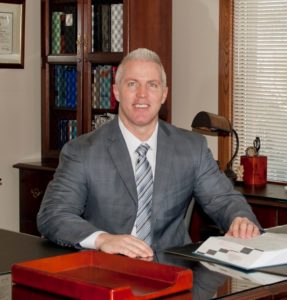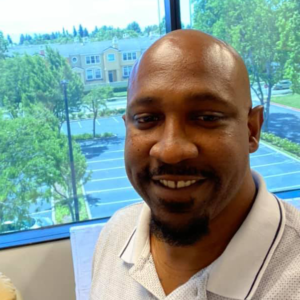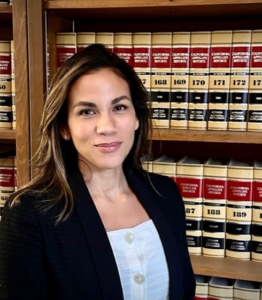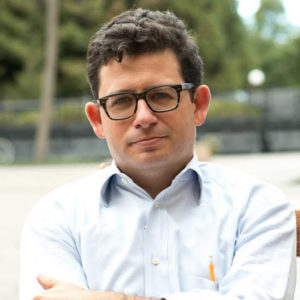Bringing Restoration to the Legal System: Where Do Mercy and Vengeance Fit? A Two-Part Series on Restorative Justice (Part 2)

- This event has passed.
Join us for a two-part series on the themes, theories, pitfalls and practices of restorative justice. During the first event on January 24th, writers Katharine Blake (SLS ’12) and Josie Duffy Rice will discuss the notion of restoration (or lack thereof) in our criminal legal system, touching on the current system’s reliance on vengeance and the absence of mercy. During the second event on January 31st, a panel of practitioners and advocates will discuss how the principles of restorative justice are operationalized, with both success and difficulty. This event series is open to all members of the community, but is timed to coincide with the teaching of first-year Criminal Law, in an effort to provide helpful context and framing as students encounter these subjects for the first time in their legal education.
Part 1 will be held on January 24, 2023. Click here for more information.
The panelist for the January 31 session are:
|
|
Jeff Reisig is the District Attorney of Yolo County, which is one of California’s fifty-eight counties, located in Northern California, between the San Francisco Bay Area and Sacramento. Reisig has served as the county’s chief elected law enforcement official since 2007. In addition to overseeing all criminal prosecutions in the county, he also leads one of state’s most active environmental protection divisions.
During his tenure as DA, Reisig has focused intently on expanding diversion programs as a way to smartly redirect people out of the criminal justice system and into community based programs. In collaboration with community stakeholders, Reisig designed and launched a restorative justice-based alternative to traditional prosecution, called Neighborhood Court. Since its launch nearly a decade ago, thousands of people have been successfully diverted into the program, thereby ensuring accountability and victim healing, while also reducing recidivism and the criminal justice footprint. In addition, he has promoted multiple highly successful diversion programs designed to help those suffering from serious addiction and mental illness. To read more, click here.
|
|
|
Fateen Jackson is a spoken word artist from Long Beach, California and currently resides in the Bay Area. Fateen went through the GRIP program at San Quentin in 2013. After he graduated, he went on to facilitate nine more groups. He gave a TEDx talk at San Quentin in 2016 called the Apologetic Salute, dedicated to people who have suffered violence at the hands of another person. Fateen was released in 2019 after former Governor Jerry Brown commuted his sentence. He now works for GRIP facilitating groups at Avenal State Prison, supports staff in the GRIP office and does work on media and public engagement.
|
|
|
Barbara Wolfe is an experienced trial attorney with the Santa Clara County Office of the Public Defender. Over the past 10 years she has worked in a variety of assignments including two Felony Trial tours and two tours with the Juvenile Division. She is currently working as a Community Outreach Attorney where she supports youth and unhoused populations in accessing justice-minded resources outside a traditional courtroom setting.
|
|
|
Michael Romano is the director and founder of the Three Strikes and Justice Advocacy Projects at Stanford Law School. Previously, he was founding director of the Stanford Criminal Defense Clinic. He currently teaches criminal justice policy and advanced criminal litigation and has published several scholarly and popular press articles on criminal law, sentencing policy, prisoner reentry and recidivism, and mental illness in the justice system. Click here to read more. |




